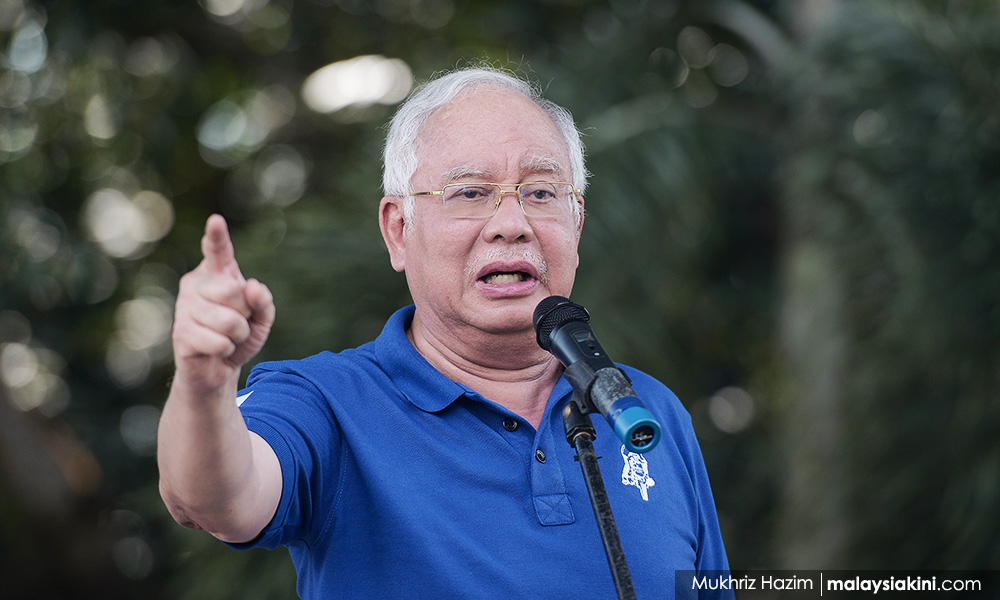ADUN SPEAKS | Sulu claim legality must be framed in context of history and politics
ADUN SPEAKS | Columnist Bridget Welsh’s argument about the need to consider the larger historical, social and political forces in the analysis of the claim by the Sulu heirs might be refreshing from the existing mundane legal and procedural analysis that exists.
She said in her recent article that the typical predilection to argue the case against and for the Sulu heirs seems to be bracketed method to examine the legal agreements between the Sulu sultanate, the European entrepreneurs and the subsequent annual stipend by Malaysia is devoid of the larger and more relevant context.
This context, according to her, means the history of the Sulu sultanate relationship with Sabah and later Malaysia, the nature of Sulu identity politics in Mindanao and how national politics in the Philippines and why the country refuses to relinquish its rights over Sabah.
The concerns of domestic legitimacy might be the primary concern of the Philippines.
History and politics, more so identity politics, are an important consideration in examining the claim of Sulu heirs whether they are in the form of monetary compensation or the deciding on the future sovereignty of Sabah.
The socio-political context of the Sulu claim might have policy implications in the future.
It might provide a sense of history to those both in the Philippines and Malaysia to give primacy to diplomacy in the resolution of the Sabah question.
I agree that mere examination of agreements and the law, in general, might not give room for Malaysia or the Sulu heirs to think out of the box in the ultimate settlement of the long outstanding matter.
However, Welsh perusal of the socio-political context in the understanding of the long-standing issue of Sulu claim seems too patchy and general.
Although she touched on some significant aspects of the socio-political context of the Sulu identity politics, she omits to highlight the significant historical, social and political features of the Sulu claim on Sabah and their implications.
Going beyond
History and politics are important, there is no running away from them. But the question is not mere understanding, but how to go beyond in terms of resolving the dispute.
It is not fair to impose this requirement on Welsh as she is not a policymaker.
But certainly, she can give some directions for the future as to how the identity politics of the Sulu can be managed for an ultimate resolution.
Policymakers might be interested, but as it is, they have no imagination at all, both in Malaysia and the Philippines.

The Sulu claim would not have been an issue if the BN government under the former prime minister Najib Abdul Razak had not unilaterally cancelled the annual stipend in 2013 as a result of an armed incursion linked apparently to the Sulu heirs.
When the Pakatan Harapan government took over, the government, in 2019, decided to give a lump sum to make up for the loss suffered.
It was the abrupt and irrational cancellation of the annual stipend that catapulted the Sulu heirs to seek the arbitration avenue for the claim on Malaysia.
History is as significant as politics in understanding the Sulu claim.
They provide a context to understand the historical antecedents in the forms of agreements and treaties as much as identity politics in Mindanao.
I would think that much progress can be made in understanding the Sulu claim if legal agreements or treaties are framed in the larger historical and political context of the identity politics of the Sulu.
This is what the legal experts and policymakers have failed to fathom both in Malaysia and the Philippines.
P RAMASAMY is the Perai assemblyperson and Penang deputy chief minister II.
The views expressed here are those of the author/contributor and do not necessarily represent the views of Malaysiakini.
RM12.50 / month
- Unlimited access to award-winning journalism
- Comment and share your opinions on all our articles
- Gift interesting stories to your friends
- Tax deductable
